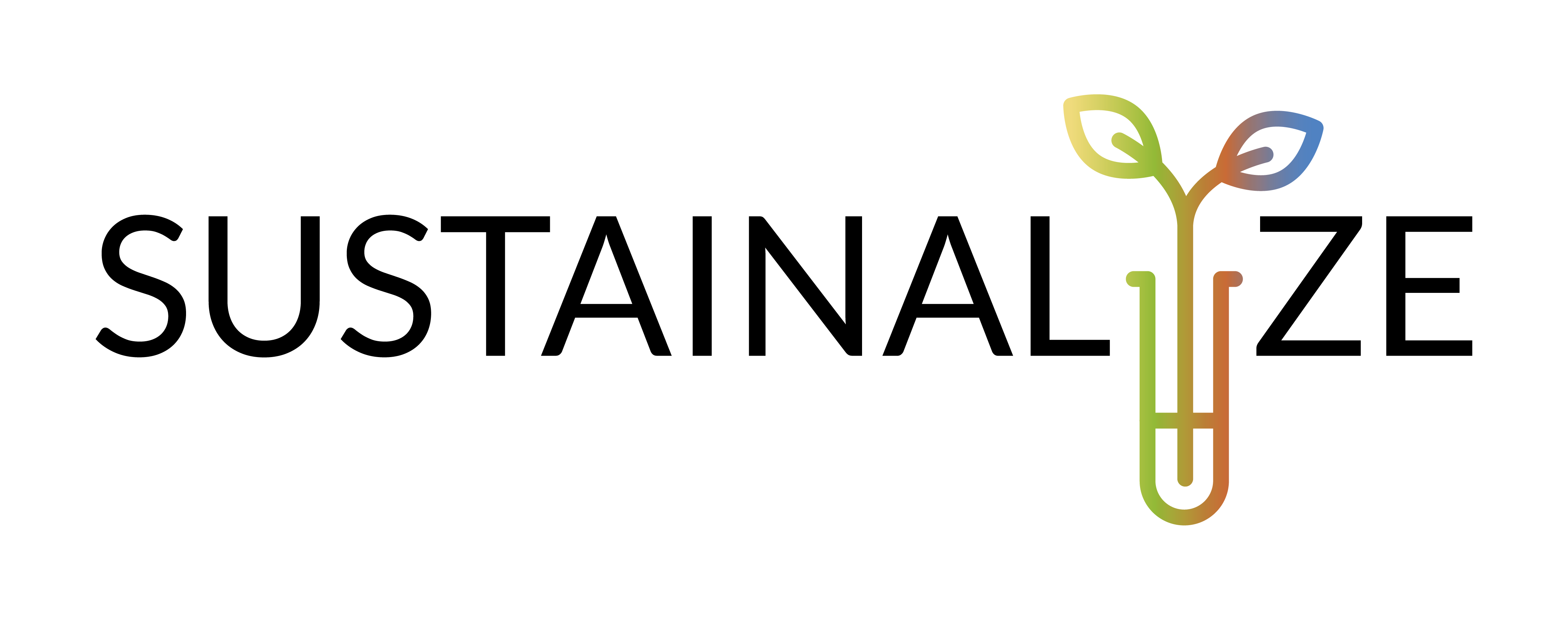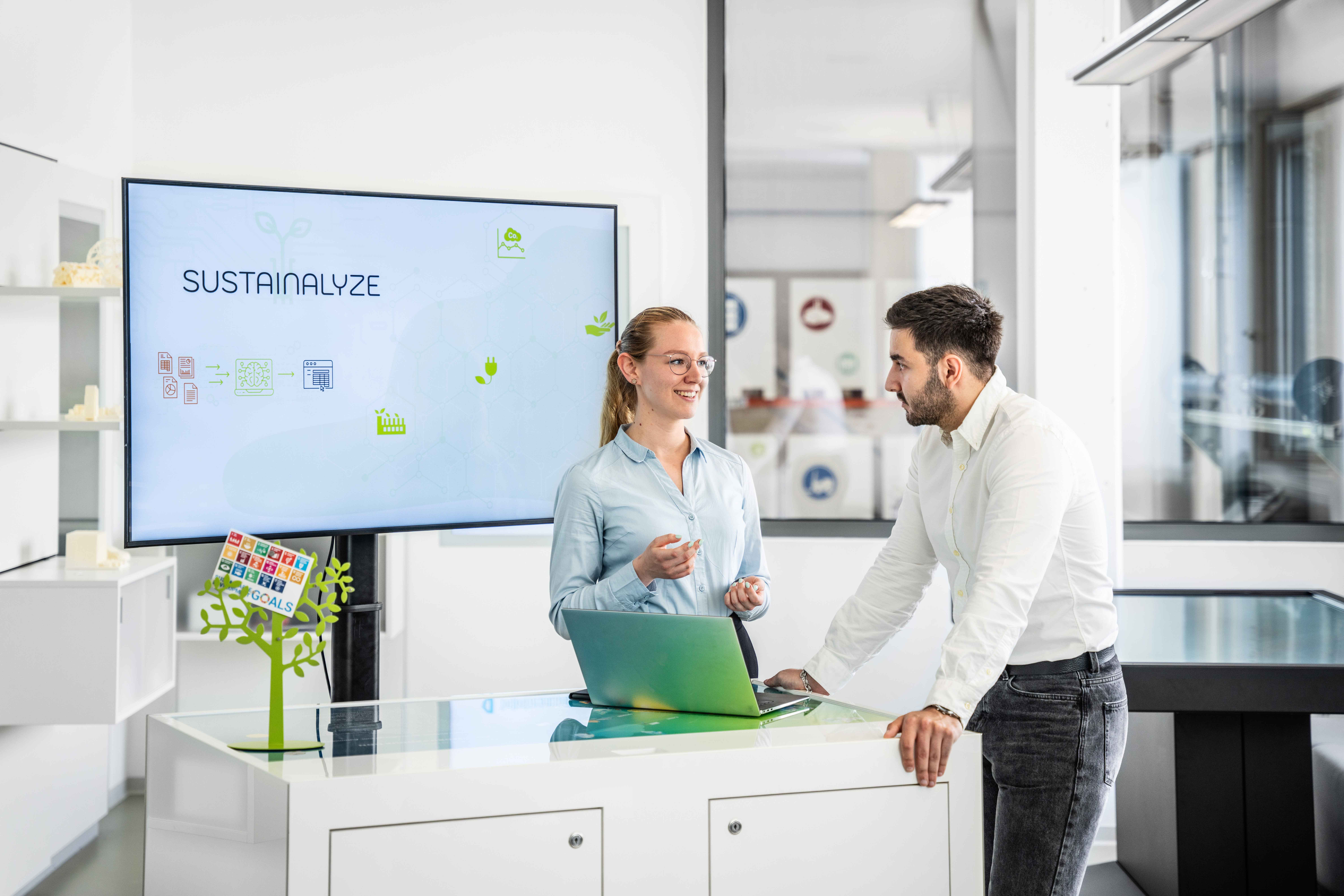Comparability for sustainability reports



The recent legislatiosn challenge a large number of companies to disclose their sustainability-related data or report to suppliers and partners through supply chain obligations. From this year onwards, this also affects companies with less than 500 employees. The challenge to act sustainably remains serious while whitewashing facts has become more difficult. The legislation puts pressure on companies, which risks that fact-based reports will deteriorate into idealized advertising. The temptation to take the shortcut through greenwashing grows in order to avoid the expense of a strategic change in the company. At the same time, verifying the provided information of suppliers and cooperating companies with regard to sustainability becomes more important due to the Supply Chain Sourcing Obligations Act which is now in force.
Achieving sustainability goals together
Nearly all companies in the EU, with the exception of micro-enterprises, are confronted with the difficulty of presenting correct and complete sustainability reports. However, the date is often incomplete and therefore a desired neutral report quickly tuns into a suitable marketing article. The plausibility of the presented data remains unchecked. This is precisely where the Sustainalyze project comes in, shaping the vision of making sustainability reports comparable and assessable. The solution is going to be useful for companies in two respects: Firstly, it will be possible to use the new software to subject one's own report to a plausibility and completeness analysis. The program will point out gaps and to provide a suggestion on how to close them by making a direct comparison with competing companies in the same sector. Secondly, companies will be able to use Sustainalyze to evaluate the reports of other companies when selecting suppliers or a potential cooperation partner. Thus, in the future, the software will fulfil the further purpose of third-party evaluation, beyond that of self-assessment.
"With the help of Natural Language Processing (NLP), it is possible to compare
sustainability reports without spending hours reading. Simply brilliant."
-> Annemarie Hillenbrand from ebm-papst on the Collaboration with Fraunhofer in the Sustainalyze Project
Artificial Intelligence for Modern Problem Solving
With the aid of advanced machine learning techniques, Sustainalyze is capable of achieving impressive results: The software generates comparative, fact-based tables for selected companies and defined sustainability criteria. This involves the use of powerful natural language processing models, enabling sustainability managers to efficiently assess their own and external companies, significantly reducing reading and time expenses.
Sustainalyze Project: Recent Developments and Next Steps
In the first phase of the project, a robust software concept for evaluating sustainability reports was introduced, which can read sustainability reports, semantically capture information, and make them comparable through structured summarization. The focus on Natural Language Processing (NLP) aligns with our commitment to using AI for sustainable initiatives. The use of Pretrained Language Models to fulfill relevant tasks in information extraction is supported by our department's strategic alignment towards digital sustainability.
In the next project phase from August 2023 to January 2024, implementation is now being pursued, with the initial focus on extracting numerical values and subsequently capturing the semantics of free-text passages. The fruitful collaboration with our esteemed partner, ebm-papst Mulfingen GmbH & Co. KG, has not only provided us with many insights into industry-relevant sustainability reports and valuable insights into working with the existing database on a daily basis but also allows us to test the software in its entirety for the first time. They have been actively supporting us in development through use-case interviews, providing valuable insights for feature prioritization and marketability, while also receiving relevant data tailored to their needs through our work. Together, we ensure that we achieve our goal of enabling companies to compare their sustainability performance with others and derive actionable recommendations. Thus, we create significant value for businesses.
Explore the exciting world of sustainable innovations and let Sustainalyze inspire you. If you're interested, we're available for a conversation.
 Fraunhofer Institute for Material Flow and Logistics IML
Fraunhofer Institute for Material Flow and Logistics IML
